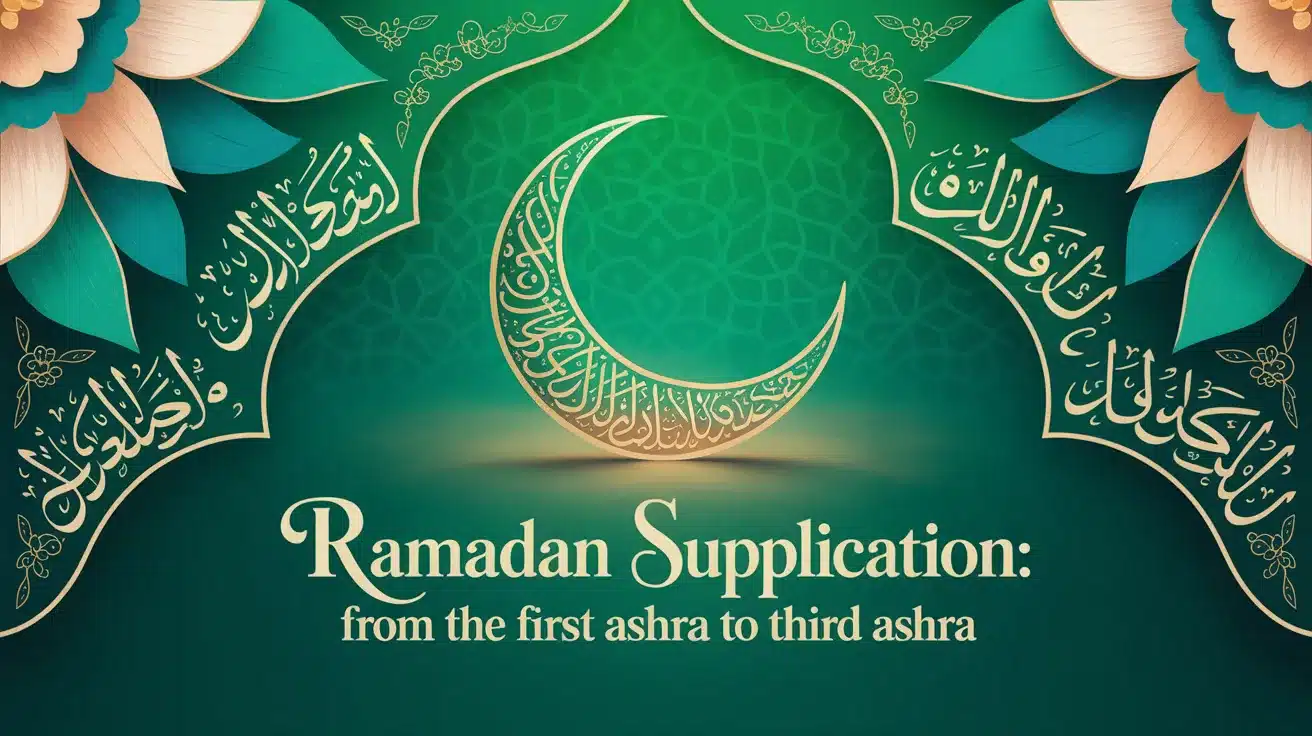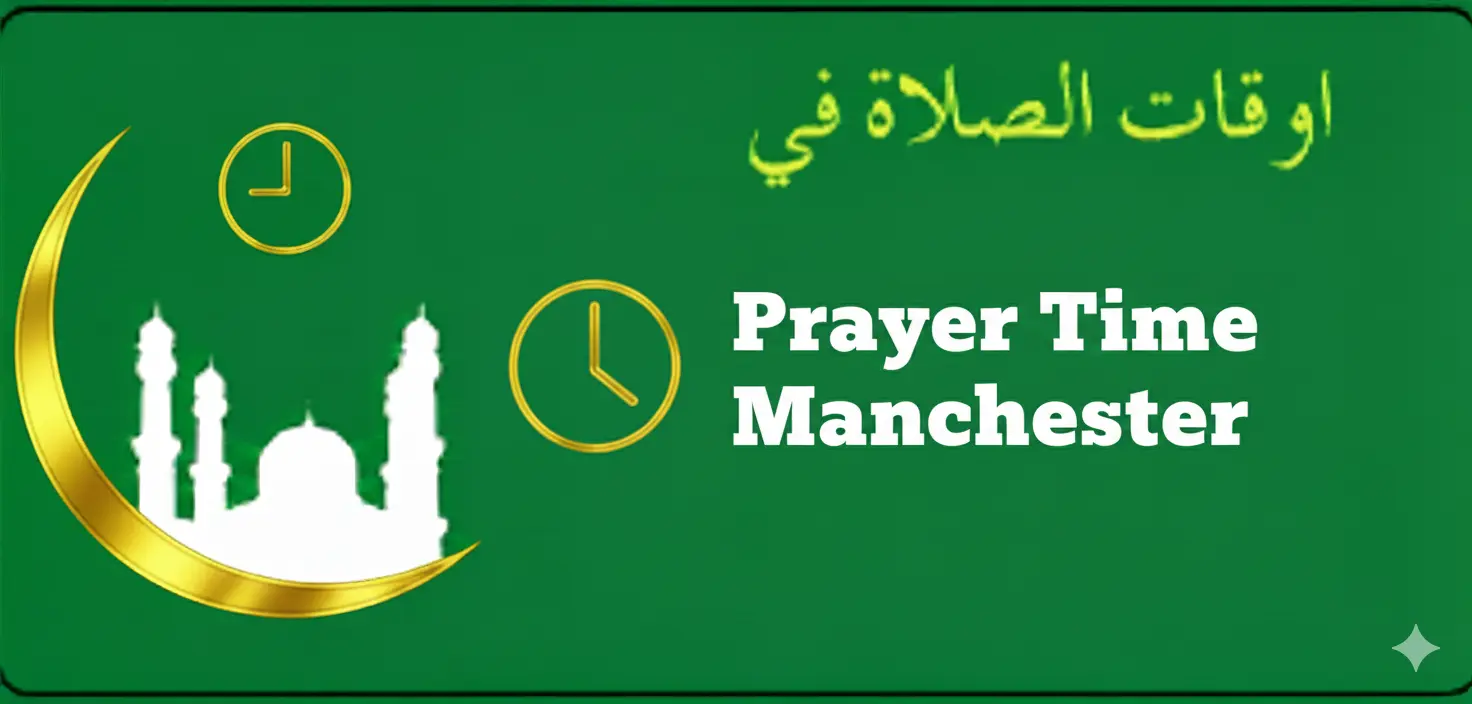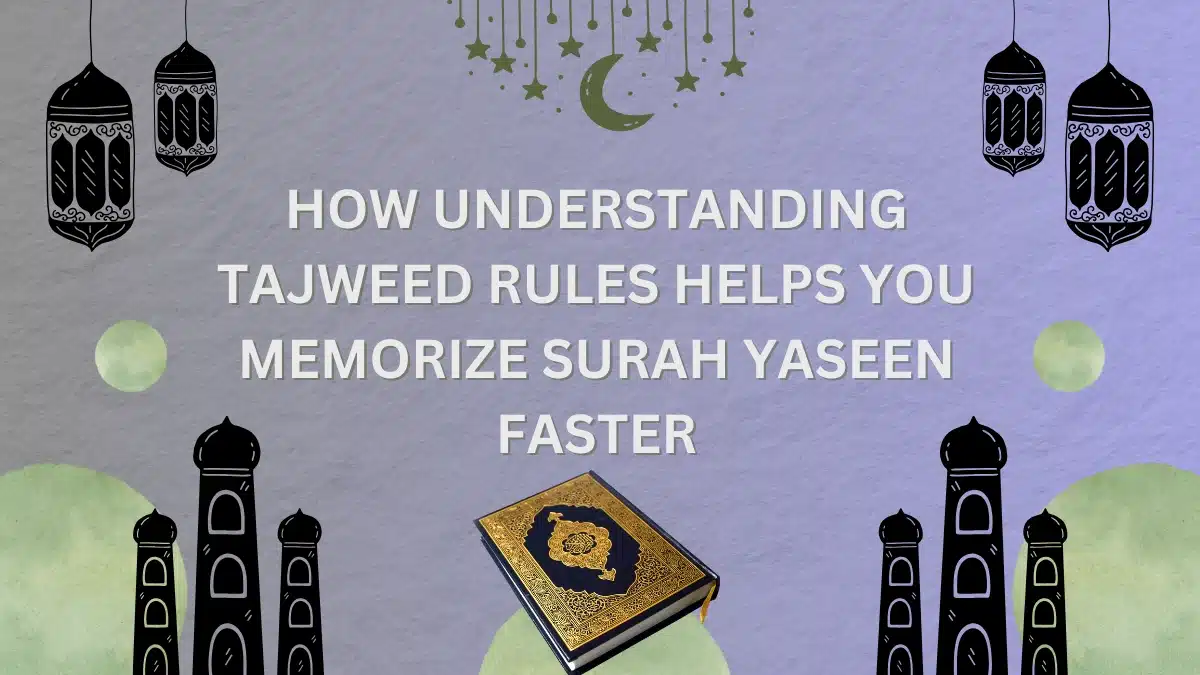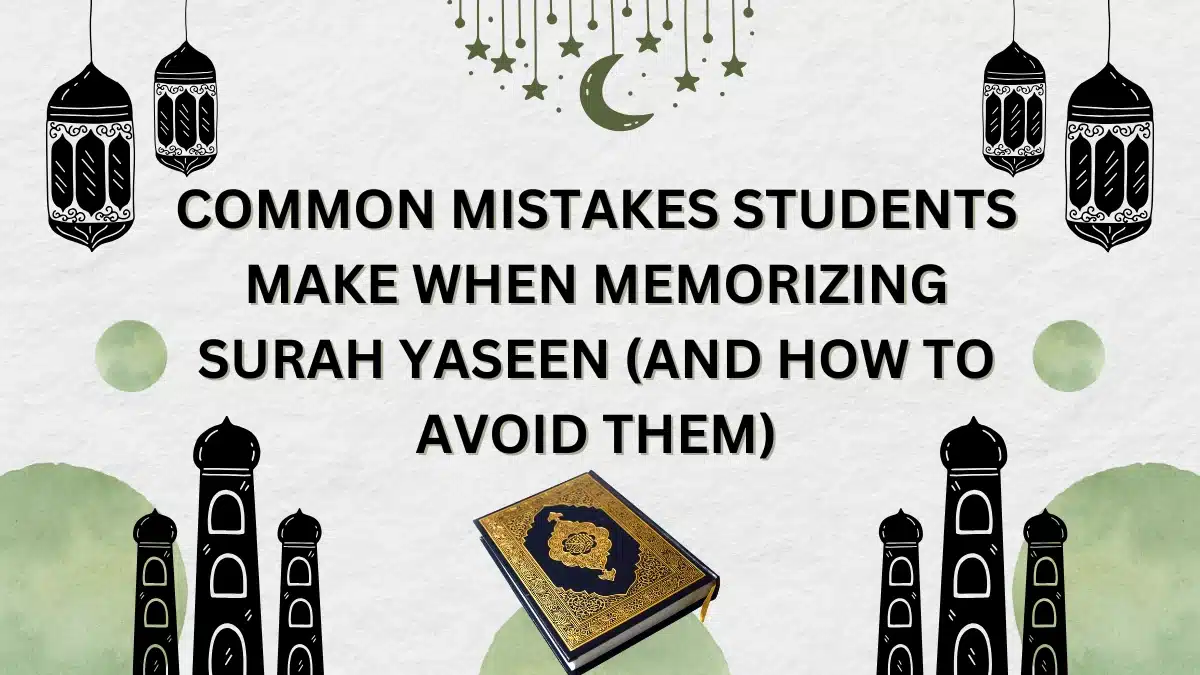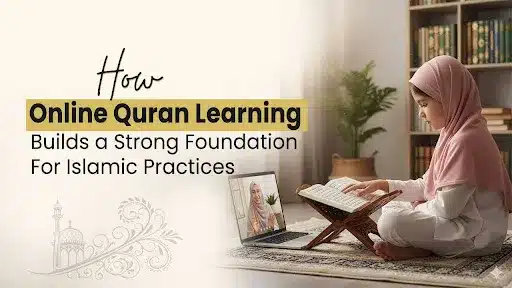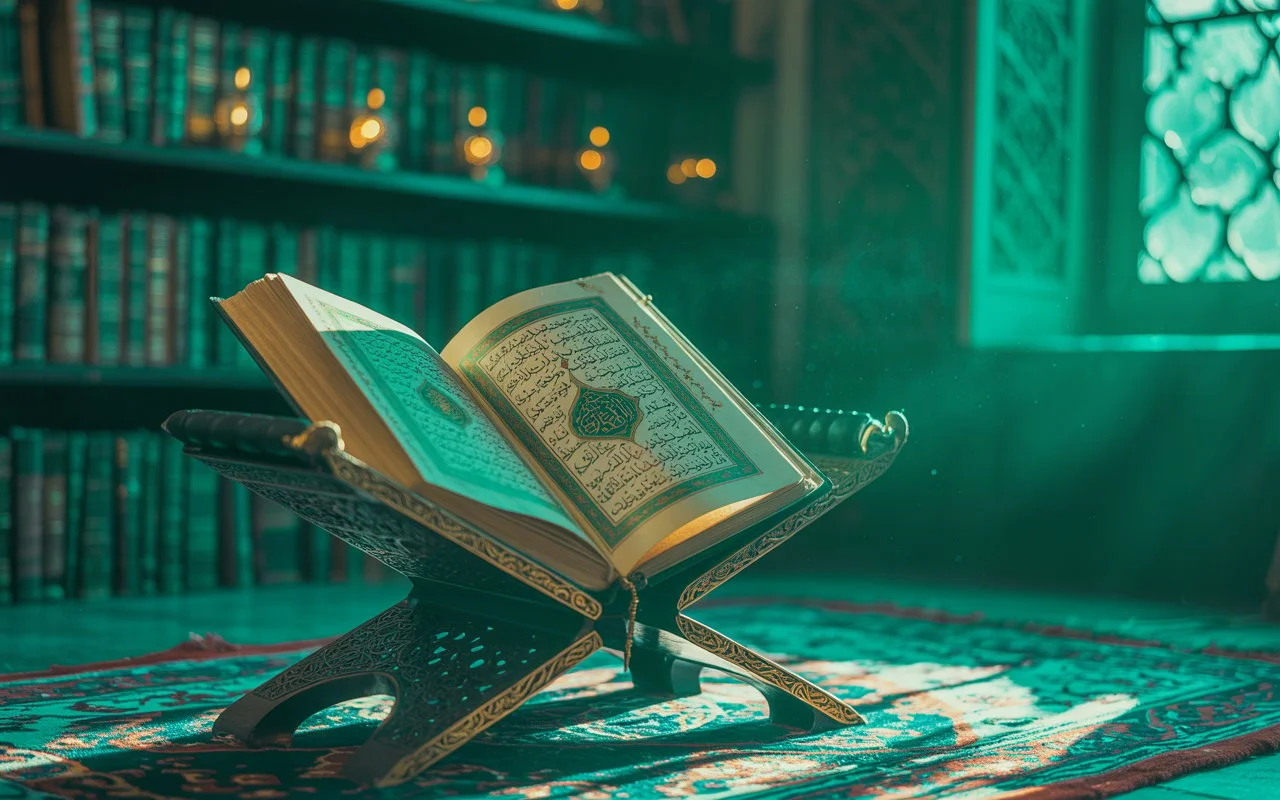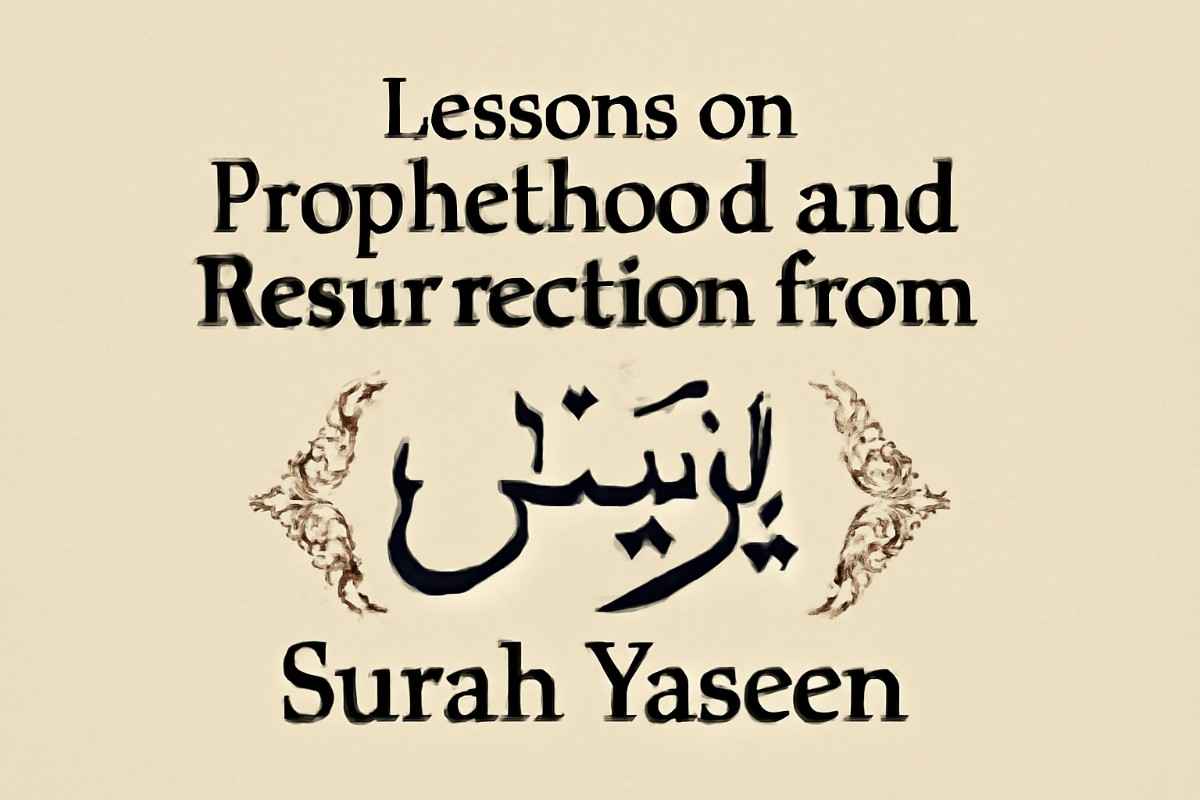The Holy Quran is a book of wisdom. It is the eternal sign of Allah’s (سُبْحَانَهُ وَتَعَالَى) knowledge and guidance for humans on earth. Revealed to the last of Allah’s (سُبْحَانَهُ وَتَعَالَى) messenger, the Holy Prophet (ﷺ), the Holy Book is the completion of a message that began with Prophet Adam (عَلَيْهِ ٱلسَّلَامُ). Revealed over twenty-three years, each verse and word of the Holy Quran was revealed strategically over time. This is why the order of revelation differs from the order in which the Holy Book was finally compiled.
The Holy Quran consists of 114 chapters, 86 of which were revealed to the Holy Prophet (ﷺ) in Makkah while 28 were revealed in Madinah. Additionally, all the chapters were revealed not in their entirety at one time. Each chapter of the Holy Book has its own significance. This is why we should recite the Holy Quran frequently and comprehend the meaning behind each verse. However, some chapters were specifically highlighted by the Holy Prophet (ﷺ) as being extremely virtuous. Among these is the 36th surah of the Holy Quran, Surah Yaseen.
The Virtue of Surah Yaseen
Even before we delve into the meaning and themes of Surah Yaseen it is necessary to understand the significance of the chapter of the Holy Quran. Surah Yaseen is the 36th chapter of the Holy Quran and was revealed to the Holy Prophet (ﷺ) in Makkah. The chapter comprises of 83 verses and contains the famous verse:
“When He wills a thing He has only to say: “Be,” and it is.” [36:82]
Regarding the chapter, Hazrat Anas (رَضِيَ ٱللَّٰهُ عَنْهُ) narrates the following tradition:
The Messenger of Allah (ﷺ) said: “Indeed for everything there is a heart, and the Qur’an’s heart is Ya Sin. Whoever recites Ya Sin, then for its recitation, Allah writes for him that he recited the Qur’an ten times.” [Jami at-Tirmidhi, Vol. 5, Book 42, Hadith 2887]
The heart is a central organ of the body. It is what makes the blood flow through our veins. Without the heart’s constant pumping, we would die. Characterizing Surah Yaseen as the heart of the Quran means the chapter holds a central position.
Muslims frequently recite the chapter since, as mentioned in the hadith above, the reward for reciting it is multiplied tenfold by Allah (سُبْحَانَهُ وَتَعَالَى). The surah strengthens the faith as we acknowledge the All-Powerful nature of Allah (سُبْحَانَهُ وَتَعَالَى). It is a means of seeking forgiveness and requesting Allah’s (سُبْحَانَهُ وَتَعَالَى) protection against all forms of harm.
Major Themes of Surah Yaseen
The surah encompasses various yet interconnected themes. The chapter discusses some common themes, which are frequently mentioned elsewhere in the Holy Quran, like the Oneness of Allah (سُبْحَانَهُ وَتَعَالَى) and the difference between the believers and those who disobey Allah (سُبْحَانَهُ وَتَعَالَى) and His Messengers (عَلَيْهِ ٱلسَّلَامُ). Additional themes include:
The Prophetic Mission
The chapter begins with Allah (سُبْحَانَهُ وَتَعَالَى) swearing upon the Holy Quran and declaring that the Holy Prophet (ﷺ) in the following words:
“YA SIN.
I call to witness the Qur’an, custodian of all laws, —
That you are indeed one of those sent
On a path that is straight, –“ [36:1-4]
The verses not only confirm the prophethood of the Holy Prophet (ﷺ), but provide an insight into the Prophet’s mission that had been continuing on from the very first Prophet, Hazrat Adam (عَلَيْهِ ٱلسَّلَامُ). The chain of prophethood is significant in Islam, since Muslims must recognize all prophets (عَلَيْهِ ٱلسَّلَامُ) sent by Allah (سُبْحَانَهُ وَتَعَالَى) to various nations. According to some hadith, there were around 124,000 prophets. These prophets were sent by Allah (سُبْحَانَهُ وَتَعَالَى) to warn their people and bring them to the Right Path.
The chapter further relates the story of a nation that was visited by not one but three prophets. But the nation failed to heed the warnings and was destroyed by the will of Allah Almighty (سُبْحَانَهُ وَتَعَالَى).
The surah details the mission that prophets are blessed with. They are sent to warn their nations and guide those who believe them. They lead people on the Right Path. The Holy Prophet (ﷺ) is the final chapter of prophethood. With him, the mission is complete because he was sent to all nations for all time. The guidance the Holy Prophet (ﷺ) provided was perfect and complete. No other prophet will come after him.
Spiritual and Moral Guidance
Like many other surahs, Surah Yaseen draws a clear distinction between good and evil. There is no uncertainty in the guidance provided by Allah (سُبْحَانَهُ وَتَعَالَى) through His Messengers. The message is clear. Those who choose to reject it have been cursed by Allah (سُبْحَانَهُ وَتَعَالَى) to a life of arrogance and ignorance. Allah (سُبْحَانَهُ وَتَعَالَى) says:
“We will certainly put iron collars on their heel’s which will come up to their chins, so that they will not be able to raise their heads.
And We shall raise a barrier in front of them and a barrier behind them, and cover them over so that they will not be able to see.
Whether you warn them or do not warn, it is all the same; they will not believe.” [36:8-10]
Despite the arrogance, Allah (سُبْحَانَهُ وَتَعَالَى) warned all people, through His Messengers. People who choose to disbelief despite clear signs will not be guided. Their lot is sealed by Allah (سُبْحَانَهُ وَتَعَالَى), and this is why in the subsequent verses the Last Day and the Day of Judgement are spoken about.
Signs of Allah (سُبْحَانَهُ وَتَعَالَى) in the System of the Universe
Speaking of clear signs, Allah (سُبْحَانَهُ وَتَعَالَى) uses the example of nature as an undeniable proof of Allah’s (سُبْحَانَهُ وَتَعَالَى) Power. Everything in nature is created and organized by Allah Almighty (سُبْحَانَهُ وَتَعَالَى). The system of the universe flows as per Allah’s (سُبْحَانَهُ وَتَعَالَى) directive. Nothing can change that except the Will of Allah (سُبْحَانَهُ وَتَعَالَى). The sun, the moon, the stars, and everything created is subservient to Allah (سُبْحَانَهُ وَتَعَالَى).
Resurrection and the Day of Judgment
The chapter finally discusses the end of humanity. The day when the trumpet will be blown and life will cease to exist. The trumpet will be blown again; this time, all humans who have ever been alive will rise from the dead.
Allah (سُبْحَانَهُ وَتَعَالَى) is the Absolute; this is why raising the dead is not a challenge for Him. He has to say ‘Be’ and His command is completed. Resurrection will be followed by judgment. All the good and bad deeds we ever did will be weighed.
Belief in divine judgment and life after death is crucial for Muslims, as achieving success in this judgment guides us to become better. All our actions and intentions are motivated by this belief that we have to face our Lord (سُبْحَانَهُ وَتَعَالَى) one day. If we are not answerable for our actions, then the idea of good and evil is inconsequential.
The chapter beautifully summarizes the major values and beliefs that are central to Islam. The concept of the Unity and Oneness of Allah (سُبْحَانَهُ وَتَعَالَى) and His Might, the prophetic mission, the creation of everything in the universe, and the ultimate judgement after the destruction of the Final Hour and the resurrection of humans. This is the reason why Surah Yaseen is called the heart of the Holy Quran; it encapsulates all the ideas that make us Muslims.

